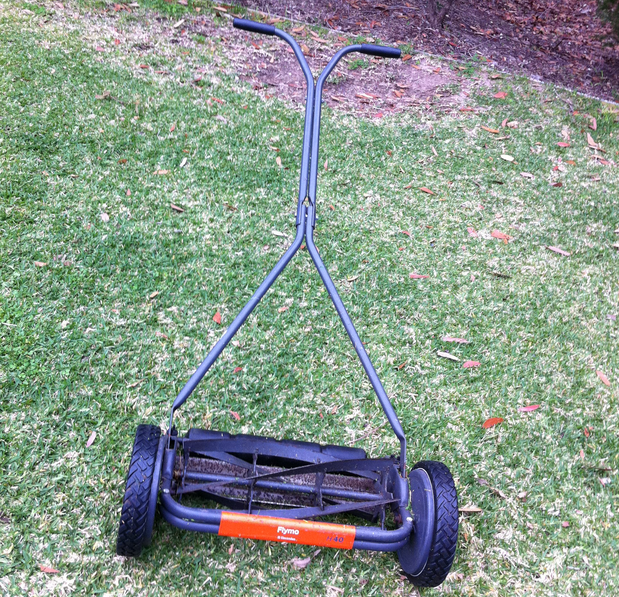Long before the days of robotic vacuums and meal delivery services, growing up meant gradually taking on household responsibilities that shaped us into functioning adults. These weren’t just tasks – they were milestones marking our journey toward independence and capability. Each new chore assignment felt like receiving a badge of honor (or occasionally, a badge of burden). From the pride of being entrusted with actual sharp objects to the dread of tackling the mysterious funk in the refrigerator, these household duties helped forge our character. Here’s a nostalgic look back at the chores that served as unofficial coming-of-age markers for generations of kids.
1. Mowing the Lawn for the First Time
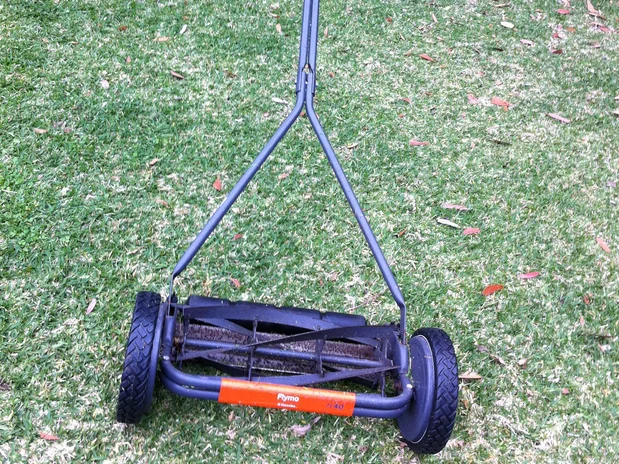
The day your parent decided you were finally coordinated enough to handle a power mower was a momentous occasion that signaled your entry into a new tier of responsibility. The careful instruction about proper techniques, safety warnings about rocks and sticks, and reminders about not running over the flower beds all preceded your inaugural journey across the lawn. Whirltronics dives into the surprising history of these simple yet handy tools that have evolved much over the years.
That first solo mow brought a strange mix of pride, nervousness, and determination as you pushed the rumbling machine in careful rows, trying to maintain straight lines while avoiding obstacles. The sore muscles and grass-stained shoes afterward were badges of accomplishment, along with the family’s assessment of your handiwork as you all stood surveying the freshly cut lawn. This chore marked a distinct transition from “kid tasks” to jobs requiring judgment and care with potentially dangerous equipment.
2. Doing Your Own Laundry From Start to Finish
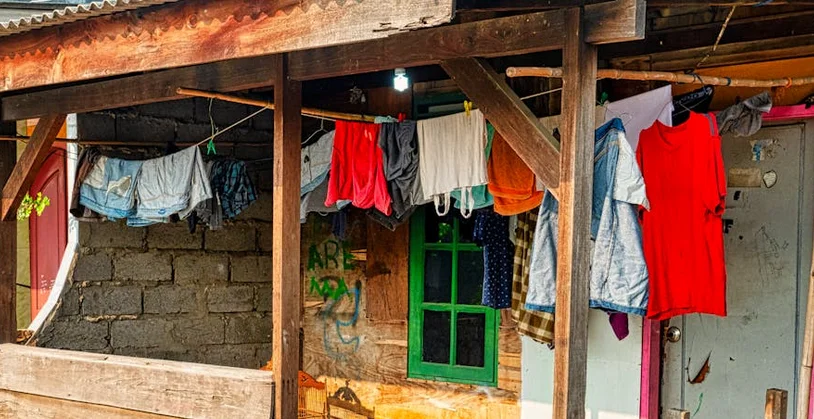
The laundry progression typically started with simple folding before advancing to the mysterious world of sorting, treating stains, and selecting the right water temperature. When parents finally entrusted you with the complete laundry cycle—from hamper to drawer—it signaled their belief in your ability to not ruin everyone’s clothes in a single washing. The Old Farmer’s Almanac notes that there are benefits to air drying laundry that are worth considering.
The responsibility came with high stakes: the potential shrinking of favorite sweaters, pink-tinted white socks, or the cardinal sin of leaving wet clothes in the machine overnight. Many of us still remember the first load done entirely on our own, and the surprising satisfaction of warm, clean clothes folded and put away without parental intervention. This practical skill became the difference between living with perpetually dirty clothes in early adulthood or managing to maintain basic hygiene standards without calling home for instructions.
3. Being Allowed to Use the “Good” Vacuum
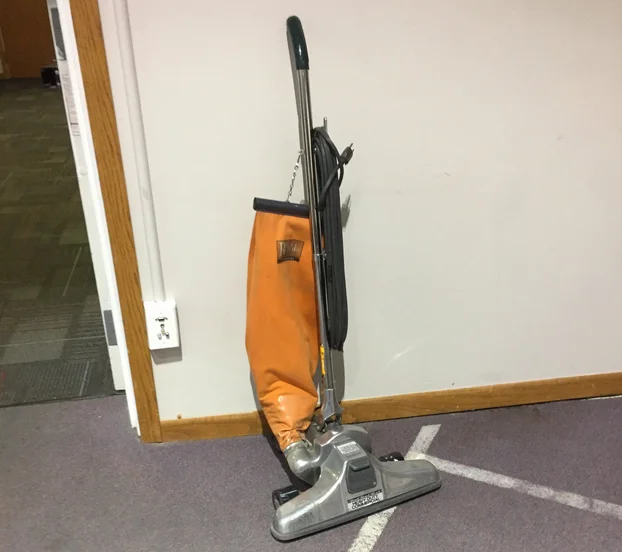
Every household had a hierarchy of cleaning equipment, with the primary vacuum representing the major leagues of house cleaning. Graduating from the handheld dustbuster or broom to the full-sized vacuum cleaner meant you were trusted not to damage furniture, baseboards, or the machine itself. According to Science Museum, the invention of the vacuum involved a surprising amount of horsing around.
Learning the proper technique—how to edge along walls, the correct attachment for each surface, and the satisfaction of emptying a full dustbin or changing a bag—created a peculiar pride in cleaning efficiency. The distinctive sound of the vacuum roaring to life under your control announced to the household that you had ascended to a higher level of cleaning authority. Years later, many adults still feel a strange sense of accomplishment when vacuum tracks appear in freshly cleaned carpet, a sentiment directly traceable to that first solo vacuuming experience.
4. Grocery Shopping with a List and Budget
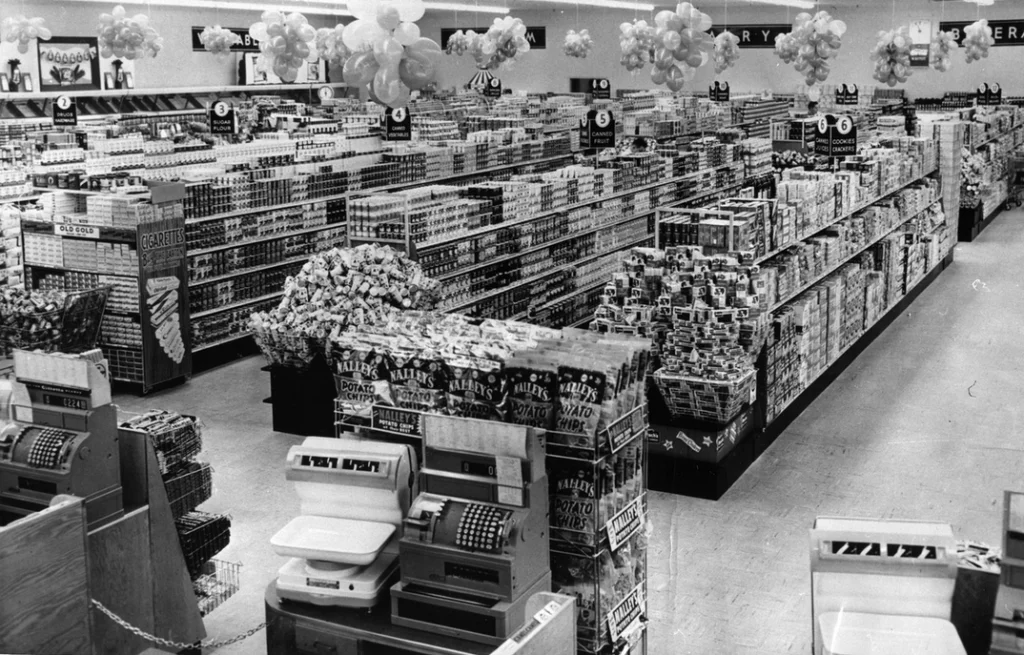
The progression from being a cart-riding child to cart-pushing assistant to independent shopper marked a significant advancement in household responsibility. When parents first handed over a list and cash with instructions to purchase specific items, they were testing both your organizational abilities and mathematics skills in a real-world laboratory.
Navigating store aisles alone, making decisions about suitable substitutions when items weren’t available, and ensuring you stayed within budget were challenges that separated the capable from the confused. The triumph of returning home with all the correct items and change from the allocated money created a disproportionate sense of accomplishment. This practical education in planning, comparative shopping, and basic financial management prepared us for independent living far more effectively than any classroom lesson.
5. Cooking Dinner for the Entire Family
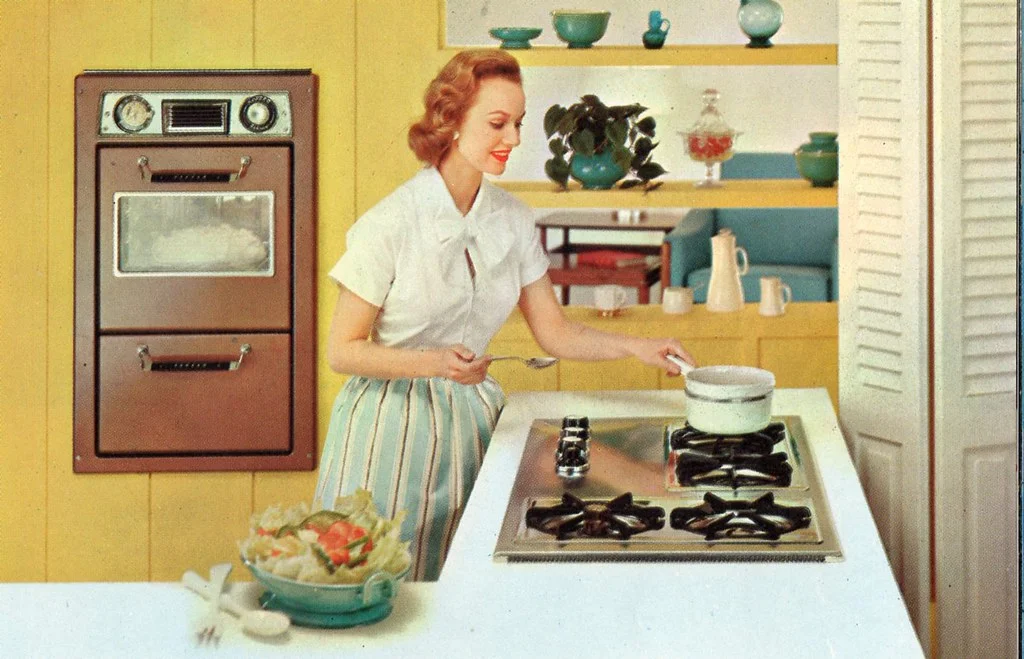
The journey typically began with making your own sandwich, advanced to boxed mac and cheese, and culminated in preparing an entire meal for the family. When parents announced you would be responsible for Thursday’s dinner, it represented their ultimate faith in your developing culinary abilities and judgment.
Planning the menu, coordinating cooking times so everything finished simultaneously, and presenting a balanced meal required organizational skills beyond simply following recipes. The nervous anticipation as family members took their first bites of your creation, followed by genuine (or sometimes kindly exaggerated) appreciation, created a powerful sense of contribution to family welfare. This responsibility transformed many reluctant cooks into adults who take genuine pleasure in nourishing others—a fundamental expression of care that transcends simple food preparation.
6. Cleaning the Bathroom (Including the Toilet)

No chore more clearly delineated the transition from protected childhood to grim reality than being assigned bathroom cleaning duty. This task—with its unique combination of chemicals, mysterious stains, and confronting the family’s collective hygiene habits—represented a rite of passage into the unglamorous aspects of adulthood.
Learning to properly disinfect surfaces, scrub grout, and tackle the dreaded toilet bowl without visible disgust demonstrated a maturity that parents recognized and appreciated. The satisfaction of transforming a grimy space into a gleaming, fresh-smelling room provided an early lesson in the rewards of tackling unpleasant tasks head-on. Many adults still approach challenging situations with the same resigned determination first developed while staring down a ring-stained toilet bowl armed with nothing but a brush and cleaner.
7. Babysitting Younger Siblings Without Supervision
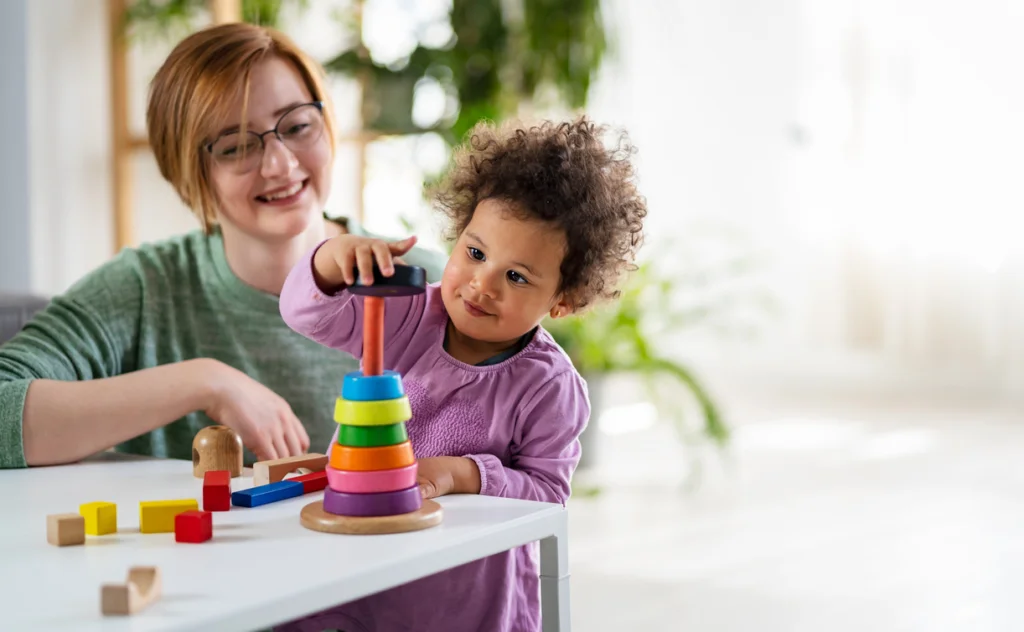
When parents deemed you responsible enough to keep other humans alive in their absence, you had officially entered the upper echelon of household responsibility. This wasn’t just about making sure no one set the house on fire—it involved conflict resolution, basic first aid knowledge, and maintaining some semblance of household order.
The authority to enforce bedtimes, approve snacks, and settle disputes came with the sobering realization that you were the emergency contact, chief entertainment officer, and final authority on whether that minor injury required medical attention. Successfully navigating an evening of sibling supervision without major catastrophe earned parental trust and provided early management experience that would prove valuable in future leadership roles. Many adults trace their ability to remain calm during crises directly to those formative hours spent responsibly in charge of reluctant younger siblings.
8. Hand-Washing the “Special” Dishes
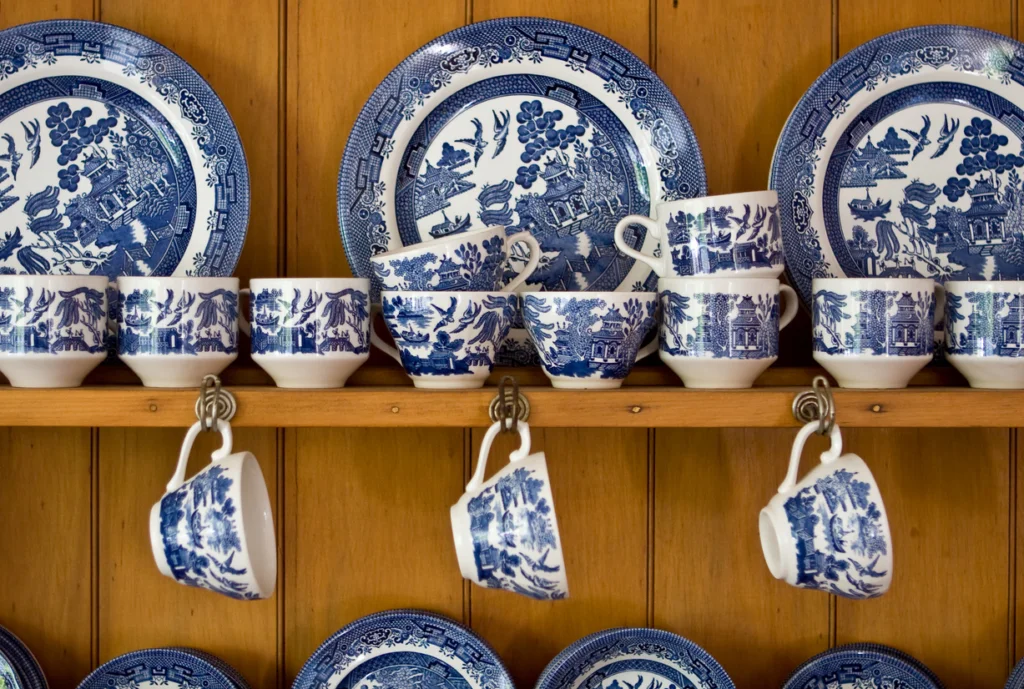
Every household had items too precious for the dishwasher—fragile glassware, heirloom china, or specialized cooking equipment that required gentle handling. Being entrusted with these treasures represented a significant vote of confidence in your care and attention to detail.
The meticulous process of washing, rinsing, and carefully drying these items without chips or water spots required patience and precision that parents didn’t assign to just anyone. The careful handling of family treasures often came with stories about their origin or significance, connecting routine maintenance with family history and values. This responsibility taught lessons about preserving what’s valuable and taking appropriate care with items that can’t be easily replaced—concepts that extend far beyond dishwashing.
9. Ironing Your Own Clothes
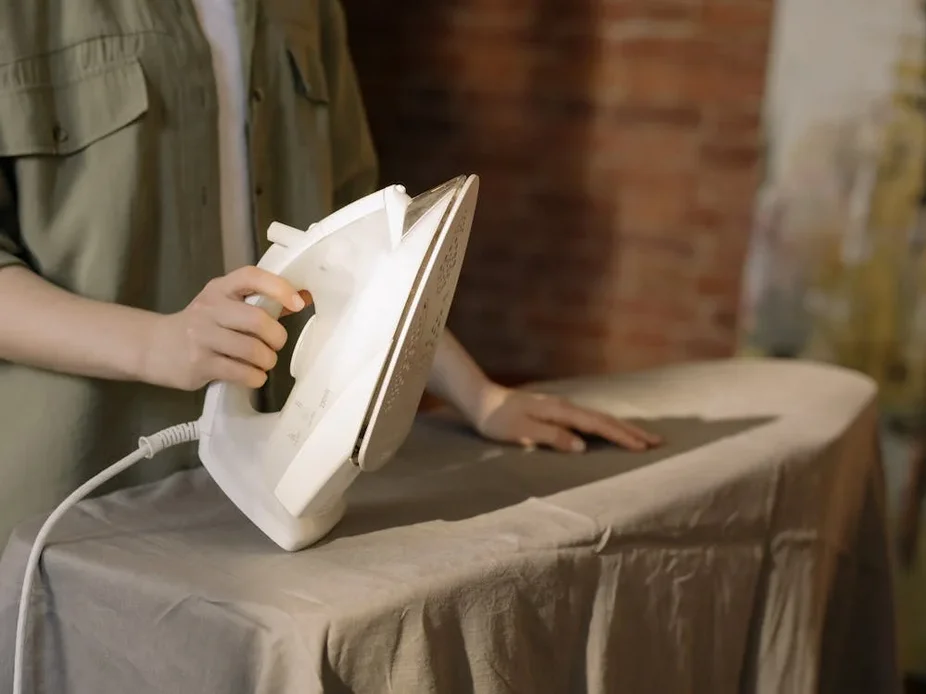
In an era before wrinkle-release spray and permanently press fabrics, the iron represented a tool of both potential danger and transformation. Learning to properly press clothes without scorching, shrinking, or creating new wrinkles required technique, patience, and attention to fabric care labels.
The progression from watching a parent iron to attempting a pillowcase to finally tackling dress shirts and pleated pants marked clear stages of increasing skill. Successfully navigating the various temperature settings, steam options, and ironing board configurations created a peculiar sense of adulting accomplishment. While modern fabrics and casual dress codes have diminished ironing’s prominence, those who mastered this skill gained precision and care that transferred to many other aspects of life—along with the ability to look sharp on important occasions without professional help.
10. Changing and Washing Bedsheets
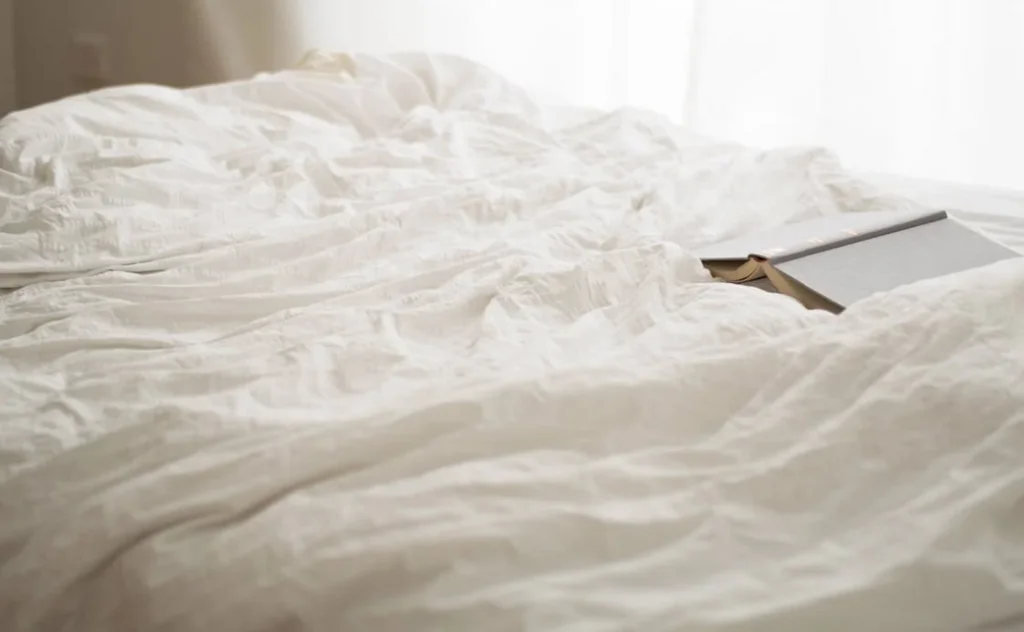
The surprisingly complex process of stripping, washing, and remaking a bed with fresh linens marked another step toward self-sufficiency in home management. This task combined several skills—laundry knowledge, spatial reasoning for fitted sheets, and the physical coordination required to change a bed without creating a hopeless tangle.
The satisfaction of sliding into clean sheets that you had washed and placed yourself created a direct connection between effort and comfort. Learning the proper folding technique for fitted sheets—a skill many adults still struggle with—separated the truly accomplished from the merely competent. This routine maintenance task taught valuable lessons about creating personal comfort through regular effort, a concept that applies to many aspects of adult well-being.
11. Answering the Family Phone (Before Caller ID)
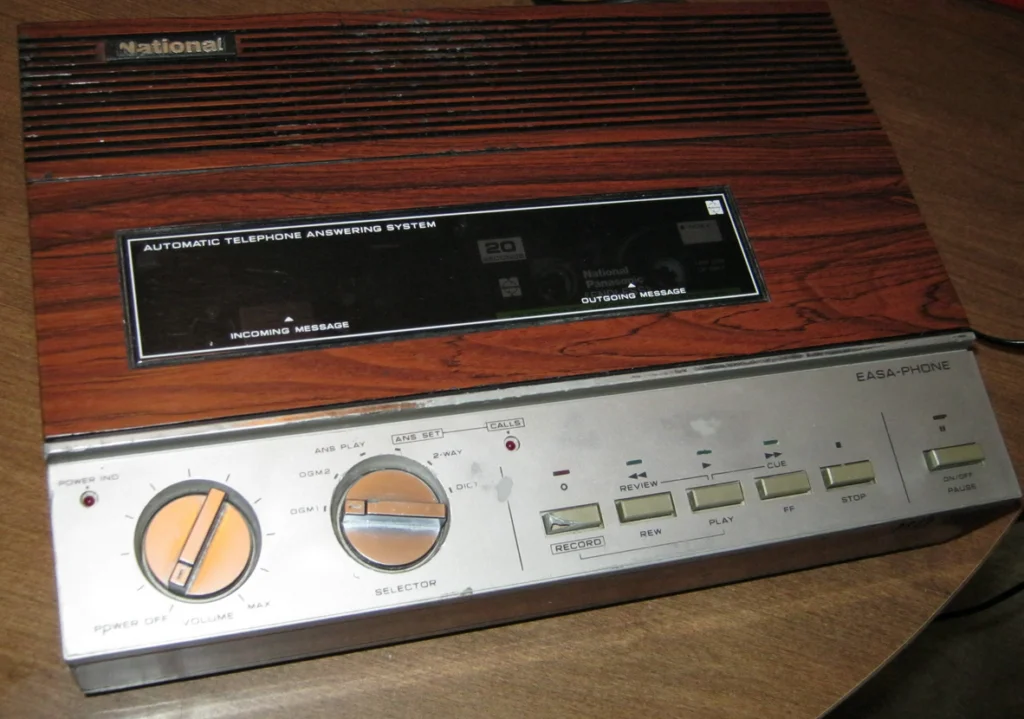
Before personal cell phones and caller ID, the family telephone represented a gateway to the outside world that required specific skills to navigate properly. Being designated as the household telephone ambassador meant mastering proper etiquette, accurate message-taking, and diplomatic responses to unwanted callers.
Learning to answer with the appropriate greeting, take complete messages with callback numbers, and politely screen calls for parents taught communication skills that extended beyond the telephone. The responsibility of potentially interacting with anyone from school principals to bill collectors required judgment about which calls warranted interrupting parents and which could wait. This communication responsibility provided early training in being the interface between your family and the wider world—a role that required both confidence and discretion.
12. Cleaning Out the Refrigerator

Few household tasks required stronger constitution and archaeological skills than tackling the forgotten containers lurking in the back of the family refrigerator. Being assigned this task represented your parents’ confidence in both your physical stamina and emotional resilience when confronting food in advanced stages of decomposition.
The process involved making judgment calls about what might still be edible, what needed immediate disposal, and how to handle containers where the contents had fused permanently with the storage vessel. Successfully transforming a science experiment back into a functional food storage space created a disproportionate sense of accomplishment. This chore taught important lessons about regular maintenance preventing bigger problems—wisdom that applies to everything from dental care to car maintenance in adult life.
13. Raking Leaves in the Fall
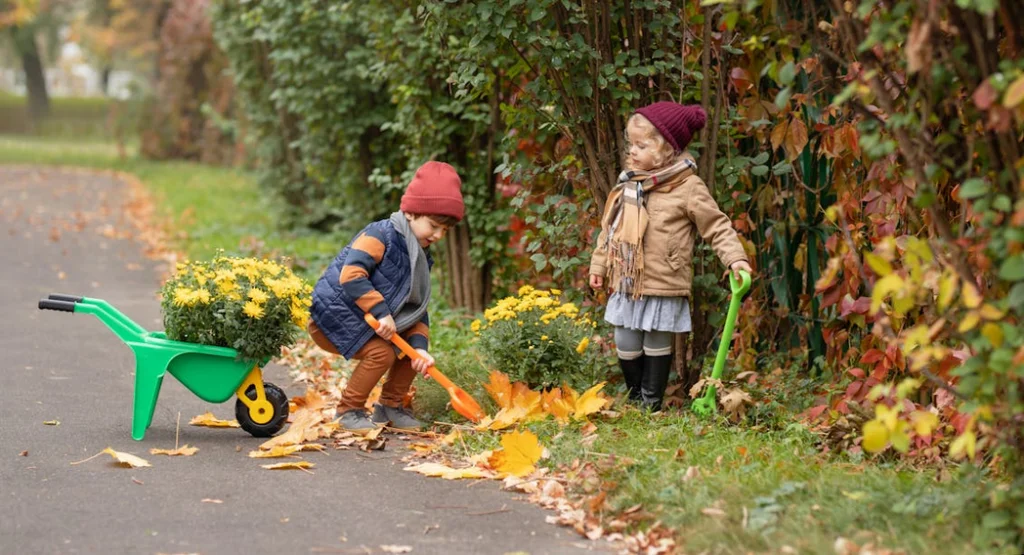
This seasonal chore represented a perfect combination of physical labor, aesthetic judgment, and environmental management that parents eventually delegated with a mixture of relief and assessment. The seemingly simple task actually required strategy about raking patterns, leaf pile placement, and bagging efficiency.
The progression from helping a parent to taking full responsibility for the yard’s autumn cleanup marked a significant milestone in outdoor chores. The physical labor—complete with blisters and muscle soreness—provided tangible evidence of contribution to family property maintenance. While the work itself could be tedious, the satisfaction of transforming a leaf-covered lawn into a tidy yard created visible proof of accomplishment visible to neighbors and family alike—an early lesson in the satisfaction of completing physically demanding tasks that produce immediate visual results.
These household responsibilities did more than just distribute the workload—they gradually introduced us to the maintenance requirements of daily living while building confidence in our ability to care for ourselves and others. Each chore mastered represented a new level of trust from parents and a step closer to self-sufficiency. While we might have complained endlessly about these tasks growing up, many of us now recognize them as the practical education that prepared us for independent living. And yes, many of us find ourselves assigning these very same chores to the next generation, watching with knowing smiles as they too navigate these small but significant rites of passage.

